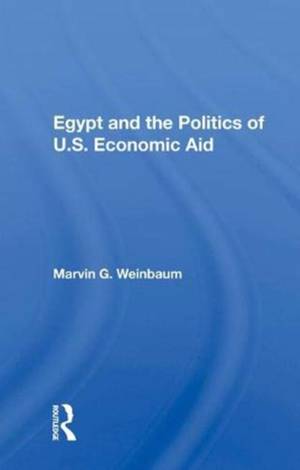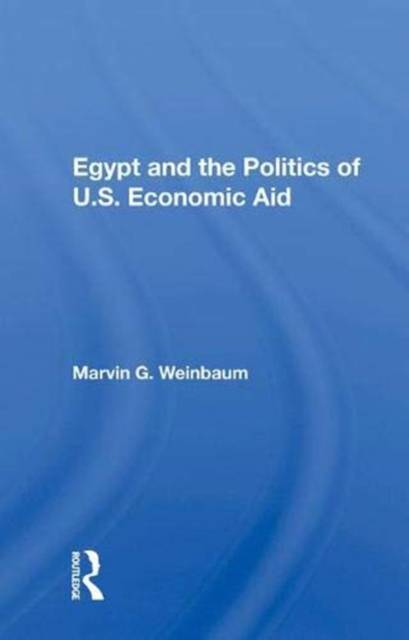
- Afhalen na 1 uur in een winkel met voorraad
- Gratis thuislevering in België vanaf € 30
- Ruim aanbod met 7 miljoen producten
- Afhalen na 1 uur in een winkel met voorraad
- Gratis thuislevering in België vanaf € 30
- Ruim aanbod met 7 miljoen producten
Zoeken
€ 195,95
+ 391 punten
Uitvoering
Omschrijving
The massive U.S. economic aid program for Egypt initiated in 1975 resulted in a bilateral aid relationship shaped by the interaction of political and development goals. In this study of the program's origins and consequences, Professor Weinbaum describes its scope and identifies the constraints that delayed and limited program implementation. The author discusses the modest U.S. leverage designed to encourage economic reforms and argues that far-reaching reforms could only be attained through a major change in Egypt's political structure. He finds that, despite its failure to make Egypt more economically self-reliant, U.S. assistance has enabled the country to attain a level of consumption and development planning possible with no other alternative. The profit to the United States results from the regime's moderate foreign policies and compatible views on strategic threats to the region. Despite the mutual benefits of this aid program, Professor Weinbaum concludes that the United States must display greater sensitivity to Egypt's political and economic problems if the "special relationship" is to survive through the 1980s.
Specificaties
Betrokkenen
- Auteur(s):
- Uitgeverij:
Inhoud
- Aantal bladzijden:
- 204
- Taal:
- Engels
Eigenschappen
- Productcode (EAN):
- 9780367005788
- Verschijningsdatum:
- 7/06/2019
- Uitvoering:
- Hardcover
- Formaat:
- Genaaid
- Afmetingen:
- 141 mm x 221 mm
- Gewicht:
- 535 g

Alleen bij Standaard Boekhandel
+ 391 punten op je klantenkaart van Standaard Boekhandel
Beoordelingen
We publiceren alleen reviews die voldoen aan de voorwaarden voor reviews. Bekijk onze voorwaarden voor reviews.











